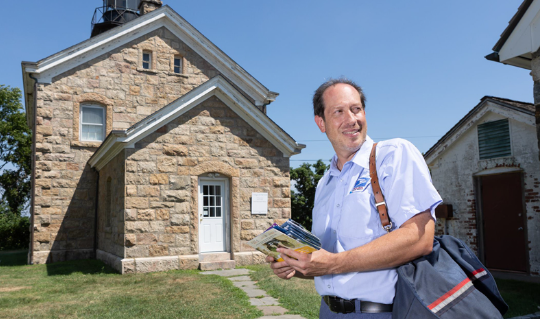According to experts, a recent Supreme Court ruling in favor of a Christian postal worker who declined to work on Sundays is expected to simplify the process for other employees seeking religious accommodations in the workplace.
On Thursday, the Supreme Court reinstated a discrimination lawsuit filed by Gerald Groff, an evangelical Christian, against the United States Postal Service. Groff alleged that he was compelled to resign from his position because the agency denied his request for Sundays off to observe the Sabbath.
In a unanimous decision, the Supreme Court ruled that employers are now obligated to grant religious accommodation requests, unless they can demonstrate that it would impose a significant burden on the business. This is a departure from the previous standard, where companies only needed to show a minimal impact to deny such requests.
“It’s a big deal for those employees who have religious beliefs that are sort of in the minority.”
Leonard expressed that this ruling provides valuable support for individuals of religious faith who desire more than a mere assurance from their employer that they do not discriminate based on religion. It allows them to seek additional measures from their employer to accommodate their religious needs.
Leonard remarked that the Supreme Court’s clarification on the interpretation of the law strengthens the obligation to provide accommodations. Under the new ruling, companies will need to assess accommodation requests on a case-by-case basis, taking into account factors such as company size and the number of employees, when arguing that fulfilling the request would result in significant expenses, Leonard explained. Michael Altman, an appellate lawyer from New York, concurred, stating that the new ruling eliminates the previous easy way out for employers who were hesitant to make such concessions for their employees.
According to Samuel Estreicher, a law professor at New York University, the Supreme Court’s decision will not be limited to individuals who specifically seek accommodation for observing the Sabbath. Instead, it will extend to requests for religious accommodations from individuals belonging to any religious faith.








